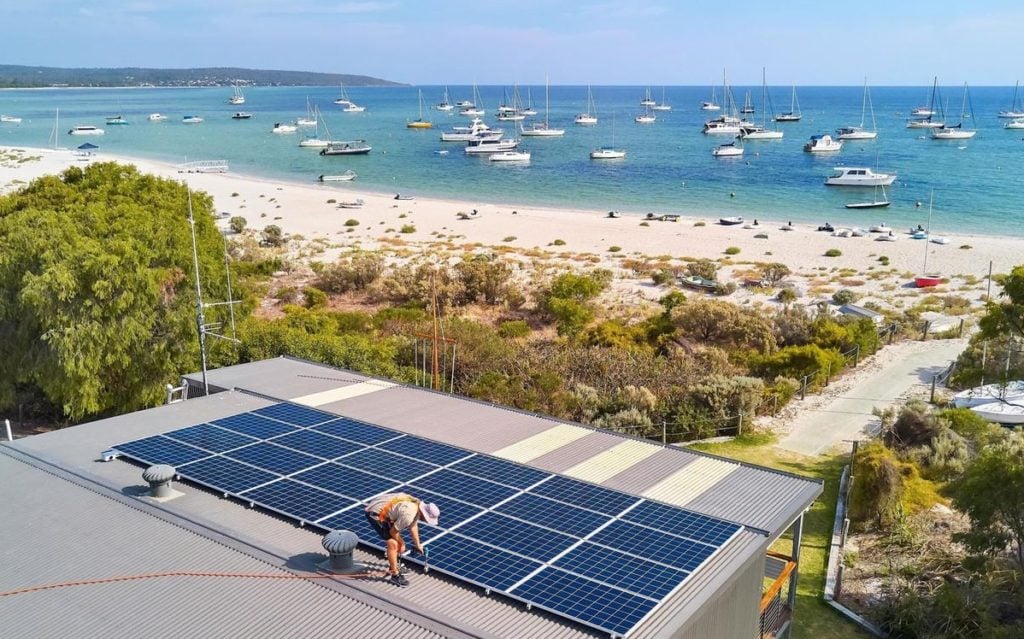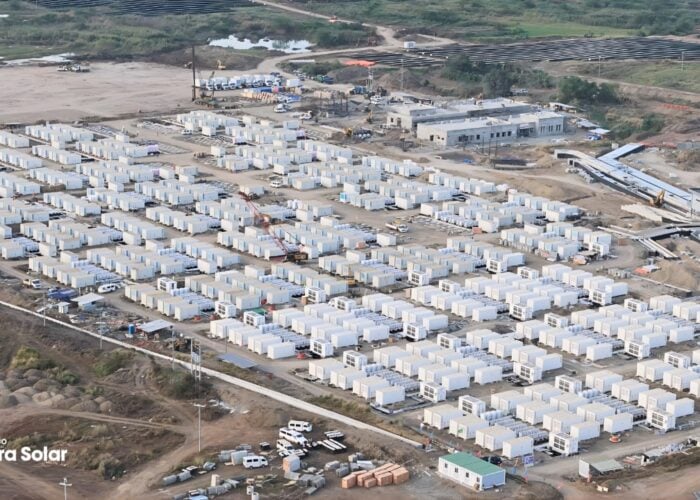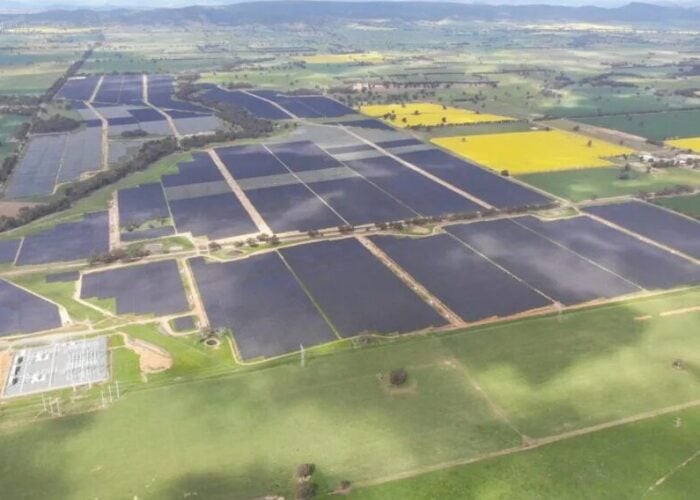
The Clean Energy Council (CEC) has today (11 June) advocated for a national strategy in Australia to support the uptake of rooftop solar, home battery storage and increase electrification.
Detailed within the organisation’s Powering Homes, Empowering People: A National Consumer Energy Resources Roadmap, creating a national strategy would result in greater cost savings for the country’s population, far more than their overall cost.
Try Premium for just $1
- Full premium access for the first month at only $1
- Converts to an annual rate after 30 days unless cancelled
- Cancel anytime during the trial period
Premium Benefits
- Expert industry analysis and interviews
- Digital access to PV Tech Power journal
- Exclusive event discounts
Or get the full Premium subscription right away
Or continue reading this article for free
Among these benefits, all Australian households and businesses could save up to AU$71 (US$46) annually on energy bills with or without the installation of Consumer Energy Resources (CER).
This could provide over AU$22 billion in savings for Australian taxpayers through 2050 while also creating 18,200 additional jobs in manufacturing, sales, design, and installation of CER in Australia.
The savings are measured on whether Australia meets the Australian Energy Market Operator’s (AEMO) Step Change scenario whereby CER storage capacity increases to 34GW, while orchestrated capacity integrated into the grid increases to 27GW by 2050.
Australia’s rooftop solar market continues to grow, with the CEC’s Clean Energy Australia 2024 report signalling that the technology has spearheaded a 5.9GW rise in clean energy capacity.
To continue this growth, the report sets out the optimal pathway for Australia to capitalise on its world-leading uptake of rooftop solar and empower all energy customers to benefit from the shift to an electric future.
Such measures include establishing an AU$100 million Empowering Communities Fund to oversee the delivery of electrification and energy efficiency education and training programs for local communities, small businesses, and regional organisations.
It also calls for the government to provide opportunities for renters and social housing residents to participate in CER, amongst other recommendations.
“It is critical that we get the policy settings right to maximise the benefits of Australia’s rooftop solar success story,” said Clean Energy Council policy director – Distributed Energy, Con Hristodoulidis.
“Australia’s electrification journey has only just begun and adopting CER at even greater scale will be the key to lowering power bills and a timely energy transition.”






